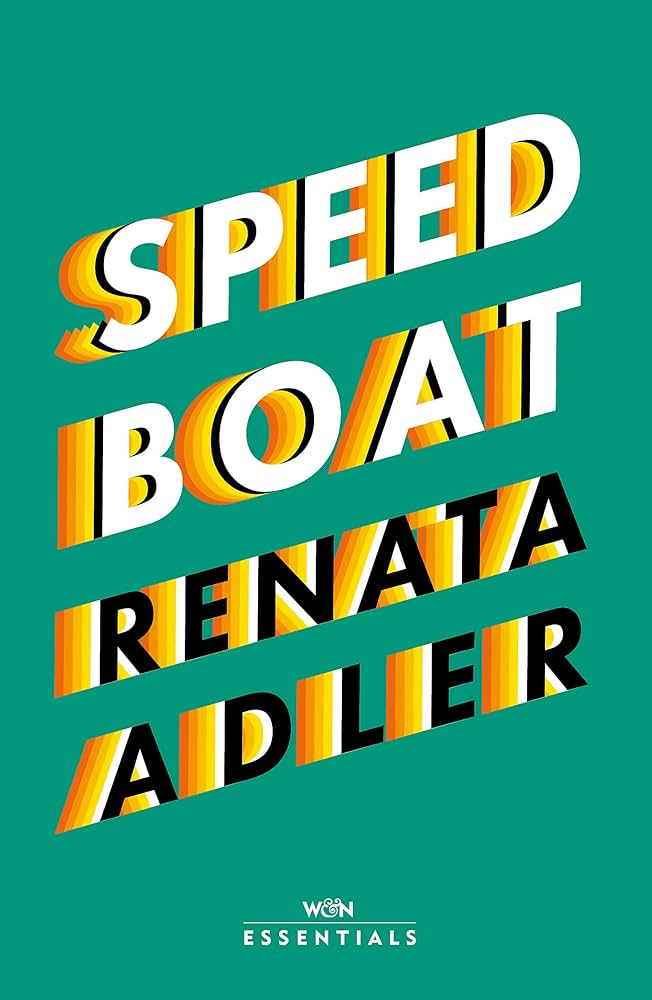When writers talk about the books that shaped them, it’s usually the big names: Bird by Bird, On Writing, maybe a bit of Joan Didion or George Orwell. But some of the most essential books in a writer’s life aren’t the ones offering advice.
They’re the ones that change how you see what writing even is. Books that make you want to throw away your outline. Books that slow you down. Books that jolt you sideways when you were trying to move forward.
Here are five that, in one way or another, have saved my writing
1. Bluets by Maggie Nelson
This book taught me that structure is optional if your sentences are strong enough. Nelson’s fragments are precise, obsessive, and emotionally surgical.
She circles ideas the way grief circles memory, not in lines, but spirals. It’s a masterclass in tone: intimate without being confessional, cerebral without being cold. Writers stuck between essay and poetry will find in Bluets a kind of genre permission slip.
2. Speedboat by Renata Adler
I love this book. Adler’s novel is all jump cuts and jagged momentum. It’s plotless, sure, but each paragraph crackles with observational brilliance. Reading it reminded me that writing doesn’t have to explain itself. It just has to feel alive.
Her narrator is elusive, cynical, hyper-aware, a kind of literary ghost moving through Manhattan. If you’ve ever worried your work is too fragmented to cohere, Adler will convince you that fragmentation can be its own kind of structure.
3. This Little Art by Kate Briggs
A book about translation that reads like an extended meditation on language itself. Briggs’s reflections are messy and profound, and her meandering style permitted me to explore complexity without needing to resolve it. It doesn’t hand you conclusions; it loops, digresses, doubles back.
I read it during a period of creative paralysis, where I was really stuck for what to do next. and it helped me trust the meandering draft, the bit where meaning hasn’t shown up yet. That grey area where the best writing often begins.
4. The Lover by Marguerite Duras
This book is minimalist, elliptical, and emotionally devastating. Duras places significant emotional weight on sparse prose, which requires real skill to do and do well. It encouraged me to trust white space more, to say less, and let silence carry part of the message. The Lover is the opposite of overwriting—it's all about implication, tone, and the ache of memory. For me, it demonstrated that restraint can be more revealing than explicit detail. There is confidence in the gaps, and Duras makes those gaps the focal point.
5. Walking on Water by Derrick Jensen
Okay, so this is nominally a book about teaching writing, but it’s really about the psychic toll of creativity. Jensen doesn’t offer tidy advice; he questions the whole system. What does it mean to teach writing in a culture that devalues it?
To write honestly in a world built on performance? Reading it felt like a kind of permission, to write without compromise, to make art that disturbs as much as it delights. It’s the kind of book that pulls no punches and leaves no delusions standing.
These books didn’t fix my writing. They disrupted it. They got under its skin and rewired how I think about language. Which, in the long run, is a better kind of help.
There’s a danger in relying too heavily on craft books that teach you how to build clean, publishable work. Sometimes what you need isn’t another checklist — it’s to be shaken up. To be reminded that language is unruly, emotional, electric. That writing can be a confrontation, not a pitch.
If your writing feels stuck, maybe it’s not that you need more rules. Perhaps you need to read something that makes you uncomfortable, or confused, or a little bit in love with words again. These five books did that for me. And maybe, somewhere along the line, they will do the same for you, too.

No comments:
Post a Comment